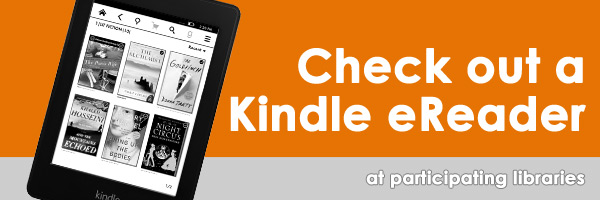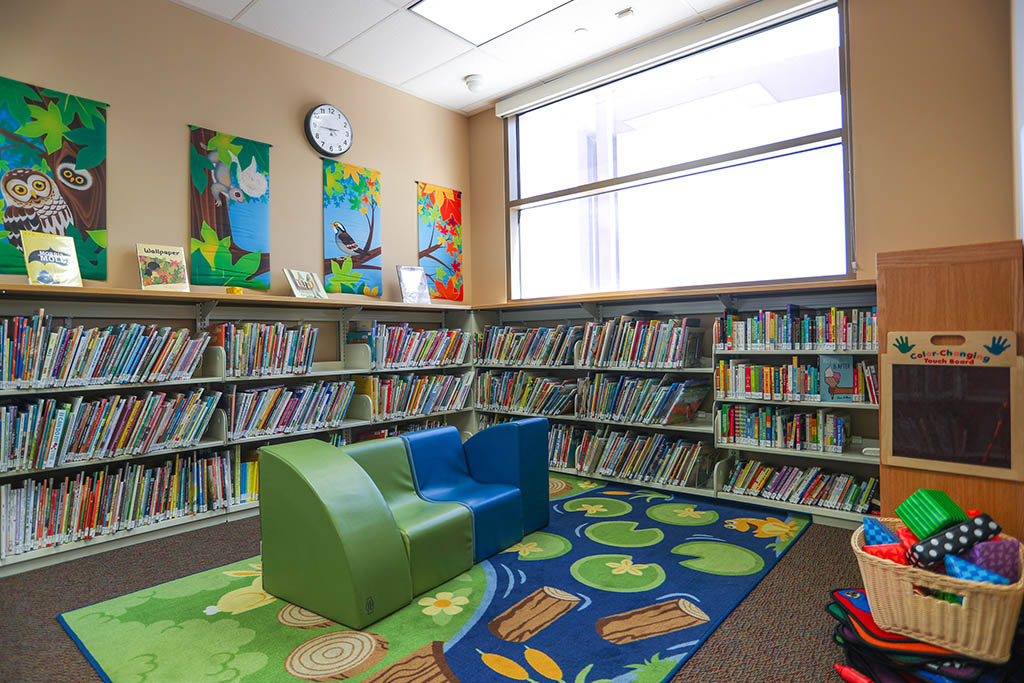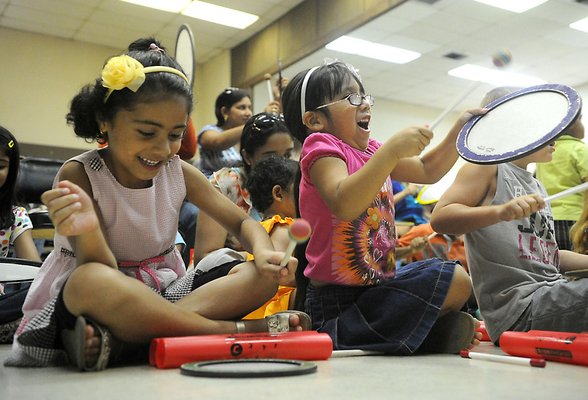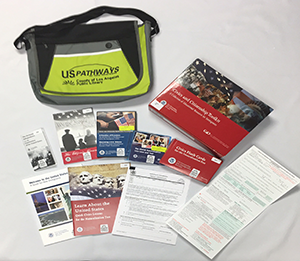The March Towards Equality:
A Timeline of LGBTQ+ Rights and Civic Engagement
The history of LGBTQ+ rights in the United States is one made of both progress and challenges. Explore the timeline below to learn about key events that have shaped the landscape of LGBTQ+ equality, with a focus on the significant role civic engagement and voting has in advancing these rights.
From policy changes to legal battles and elected officials to community advocacy, the journey toward equality has been marked by the tireless efforts of activists and advocates. This timeline demonstrates how the lives of LGBTQ+ individuals has been influenced either directly or indirectly by elected officials and community activists, and underscores the importance of understanding this history to appreciate the ongoing work necessary to achieve a more inclusive society.
WHERE WE STARTED
1921
President Dwight D. Eisenhower signs an executive order that bans homosexuals from working for the 1953 federal government, saying they are a security risk.
1956
The Society for Human Rights is founded by Henry Gerber in Chicago. It is the first documented gay rights organization.
1961
Illinois becomes the first state to decriminalize homosexuality by repealing their sodomy laws.
1973
Lambda Legal becomes the first legal organization established to fight for the equal rights of gays and lesbians. Lambda also becomes their own first client aer being denied non-profit status; the New York Supreme Court eventually rules that Lambda Legal can exist as a non-profit.
Maryland becomes the first state to statutorily ban same-sex marriage.
1974
Kathy Kozachenko becomes the first openly LGBTQ American elected to any public office when she wins a seat on the Ann Arbor, Michigan 1974 City Council.
Elaine Noble is the first openly gay candidate elected to a state office when she is elected to the Massachusetts State legislature.
1978
Harvey Milk is inaugurated as San Francisco city supervisor, and is the first openly gay man to be elected to a political office in California.
1982
Wisconsin becomes the first state to outlaw discrimination based on sexual orientation.
1993
President Bill Clinton signs a military policy directive that prohibits openly gay and lesbian Americans from serving in the military, but also prohibits the harassment of “closeted” homosexuals. The policy is known as “Don’t Ask, Don’t Tell.
1996
President Clinton signs the Defense of Marriage Act, banning federal recognition of same-sex marriage and defining marriage as “a legal union between one man and one woman as husband and wife.”
Hawaii’s Judge Kevin Chang rules that the state does not have a legal right to deprive same-sex couples of the right to marry, making Hawaii the first state to recognize that gay and lesbian couples are entitled to the same privileges as heterosexual married couples.
2005
The California legislature becomes the first to pass a bill allowing marriage between same-sex couples. Governor Arnold Schwarzenegger vetoes the bill.
2008
Voters approve Proposition 8 in California, which makes same-sex marriage illegal.
2012
Tammy Baldwin becomes the first openly gay politician and the first Wisconsin woman to be elected to the US Senate.
2015
With a 5-4 decision in Obergefell v. Hodges, the U.S. Supreme 2015 Court declares same-sex marriage legal in all 50 states.
2018
The Trump administration announces a new policy that bans most transgender people from serving in military. After several court battles, the Supreme Court allows the ban to go into effect in January 2019.
2021
President Joe Biden signs an executive order repealing the 2019 Trump-era ban on most transgender Americans joining the military.
Secretary of Transportation Pete Buttigieg becomes the first openly gay Cabinet member confirmed by the Senate
2024
The Biden administration announces a new rule expanding safeguards against potential discrimination of gay and transgender Americans seeking medical care, in a reversal of Trump-era limitations that nixed federal health protections for members of the LGBTQ+ community.
WHERE WE’RE GOING
A complete history and deeper exploration of the milestones included here can be found in the following books, which are all available at LA County Library:
- The Right Side of History: 100 Years of LGBTQI Activism by Brooks, Adrian
- Courting Justice: Gay Men and Lesbians v. the Supreme Court by Murdoch, Joyce
- The Children of Harvey Milk: How LGBTQ Politicians Changed the World by Reynolds, Andrew
- Major Conflict: One Gay Man’s Life in the Don’t-Ask-Don’t-Tell Military by McGowan, Jeffrey
- Then Comes Marriage: United States v. Windsor and the Defeat of DOMA by Kaplan, Roberta A.
- The Engagement: America’s Quarter-Century Struggle over Same-Sex Marriage by Issenberg, Sasha
- Love Wins: The Lovers and Lawyers who Fought the Landmark Case for Marriage Equality by Cenziper, Debbie
- Our Work is Everywhere: An Illustrated Oral History of Queer & Trans Resistance by Rose, Syan
- Pride : the LGBTQ+ rights movement : a photographic journey by Measom, Christopher.









